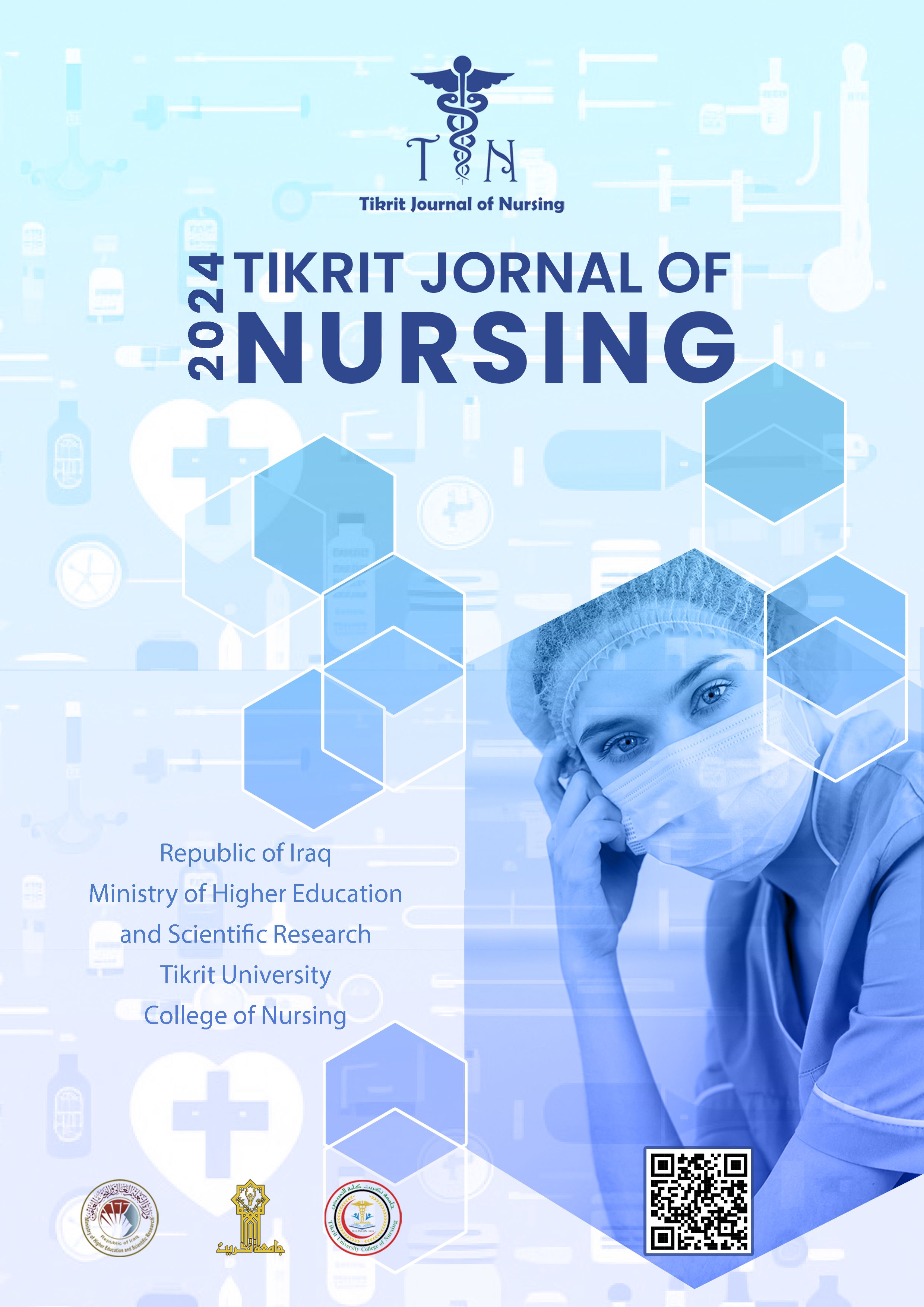
Conflicts of Interest
Conflicts of Interest (COIs), also known as 'competing interests,' arise when external factors could reasonably be seen to influence the impartiality or objectivity of research or its evaluation. This can occur at any stage of the research process, including during experimentation, manuscript preparation, or the transition to a published article.
In case of uncertainty, it is important to disclose potential conflicts of interest or consult with the editorial office. Failure to disclose interests may result in sanctions, and submissions with undisclosed conflicts that later come to light may be rejected. Published articles might need re-evaluation, corrections, or even retraction in serious cases. For detailed guidance on COIs, refer to resources from organizations like ICMJE and WAME.
While conflicts of interest don't necessarily prevent work from being published or involvement in the review process, they must be declared. A clear declaration of all potential conflicts, regardless of their actual influence, enables informed decision-making by others involved in the work and its assessment.
Post-publication discovery of conflicts of interest can be problematic for authors, editors, and the journal, possibly necessitating corrections or a review process reassessment.
Conflicts of interest encompass various areas, including:
1- Financial interests such as funding, payments, or services related to the research topic.
2- Affiliations with organizations having an interest in the research outcome.
3- Intellectual property ownership like patents or trademarks.
4- Personal relationships, including family and close connections.
5- Ideological beliefs or activism relevant to the research.
6- Academic connections, including competitors or those critiquing the work.
For authors, it's crucial to declare all potential conflicts in a dedicated section, explaining why these interests may pose a conflict. If no conflicts exist, authors should explicitly state so. Authors are responsible for ensuring coauthors also disclose their interests.
Authors must disclose any recent funding, including article processing charges, and other payments or services that could influence the research. This information should be included in the funding statement.
Involvement of individuals not listed as authors but having an interest in the research outcome or being affiliated with relevant organizations must be declared. These declarations are considered during the editorial and review processes.
Editors and reviewers at Tikrit journals are expected to adhere to the Editor Code of Conduct, which includes guidelines on conflicts of interest. They should refrain from involvement in submissions involving recent collaborations, affiliations, or personal connections, among other criteria outlined in the code. Reviewers should also declare any remaining interests in confidential sections of review forms, which editors take into consideration. Editors and reviewers are required to disclose any prior discussions they've had with authors regarding the manuscript.
